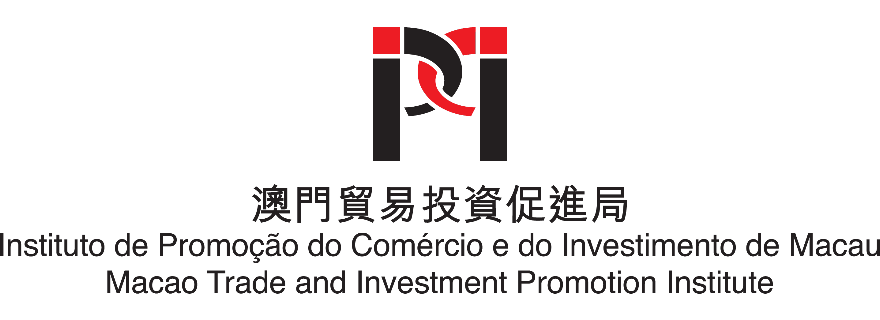Private Investment Law (LAW NO. 15 /2017)
The promotion of the private sector of the economy is a mandate deriving from Article 140 of the Constitution of the Republic, which determines the State’s duty to promote national investments and create the conditions to attract foreign investments, taking into account national interests.
Source: Private Investment Law
Regulation of Procedures for Private Investment (GOVERNMENT DECREE No. 2/2018)
The reform of the legal regime of private investment, performed by Law nr. 15/2017, on the 23rd of August, has simplified and reduced bureaucracy on the rules regarding foreign investment and national investment, to promote the attraction of private investment necessary for economic diversification and growth.
Source: Regulation of Procedures for Private Investment
Taxes and Duties Act (Decree Law No.: 8/2008)
The present Act seeks to relieve the fiscal burden that has been considered to be disproportionate and excessive in view of the reality of the country.
Source: Decree Law 08/2008: Taxes and Duties Act
Foreign Investment Law (Law No. 5/2005)
The policies outlined in the National Development Plan for economic growth and promotion of the private sector are fundamental levers for job creation and poverty reduction.
Source: Foreign Investment Law
Labor Law (Parliament Law 4/2012)
Through UNTAET Regulation No. 2002/05, of May 1st, the Labor Law for Timor-Leste was approved, which has been the law regulating labor relations in our country since then.
Source: Labor Law
Starting a Business
Legal Framework:
Starting a business is based on the following laws:
- Government Law 4/2004 (Commercial Companies)
- Government Decree Law 7/2006 (Business Registration)
- Government Decree Law 18/2010 (Company Incorporation)
Setting Up Business:
Setting up business in Timor-Leste in general is not that complicated even though there is no one-stop- shop yet for business registration. Service for Registration and Verification of Entrepreneurs (SERVE) is the Government Agency that is responsible for Business Registration and Verification.
1. Business registration | • Establishing legal entity • Application filled with SERVE • Registration Certificate & Certificate of Business Registration |
2. Tax registration | • Registration with tax authorities • Issued by SERVE as part of business registration •Tax Identification Number (TIN) |
3. General Business Licence | Low / high risk business licence • Issued by SERVE as part of the business registration •Authorization to conduct activities (low risk business) / Business Licence (high risk business) |
4. Sector Licence (if necessary) | • Sector specific licences based on the nature of business operation (i.e. health standards qualification or hotel rating for hotel industry) • SERVE will provide a list of additional sector licences required • Licencing done by line ministries |
The business registration process in Timor-Leste targets a maximum 5 processing days although it might take longer if any follow up questions rise. All registrations must be done offline (directly at SERVE’s office) and there are plans for online registration in the near future. As for the company’s capital, business owner are free to decide on the capital value (the minimum value of capital is USD 1).
Source: TradeInvest Timor-Leste -Factsheet Starting a Business
Trade
Timor-Leste imports the vast majority of its goods and services from Asia including fuel, cement, building materials, tobacco and motor vehicles. Major exports include crude petroleum, coffee, candlenut, aluminum and a range of other agricultural products.
Importing Goods
Importing goods to Timor-Leste, such as on a container, requires the use of a Customs Broker who submits the customs declaration on your behalf through the Timor-Leste Customs Service ASYCUDA electronic system. A fee will be agreed by both parties. There are special licences required for importing certain goods including live animals, live plants, animal/vegetable products, motor vehicles and firearms.
Exporting Goods
Exporting goods from Timor-Leste requires the use of a Customs Broker who submits the customs declaration on your behalf together with appropriate documentation (export licence, certificate of origin etc.). Customs will then check the paperwork, physically inspect the goods and assist with loading of goods for export. The exporter needs to pay only US$1 for administration fee.
Customs and Taxes
Goods can clear customs within 24 hours if all the correct paperwork has been completed. Customs duties are 2.5% on the value of imported goods and 2.5% rate applied to imported taxable goods. Storage charges can apply if goods are kept at Dili Airport or Dili Port for over 20 days (typically 5% of value).
Excise tax applies a range of good including alcoholic beverages, tobacco, gasoline products, motor cars (value above $70,000) and private boats/aircraft.
Customs Brokers
There are a number of customs brokers in Timor-Leste:
Customs brokers: https://www.mof.gov.tl/customs/importing-cargo/customs-brokers-list/?lang=en
Source: TradeInvest Timor-Leste




